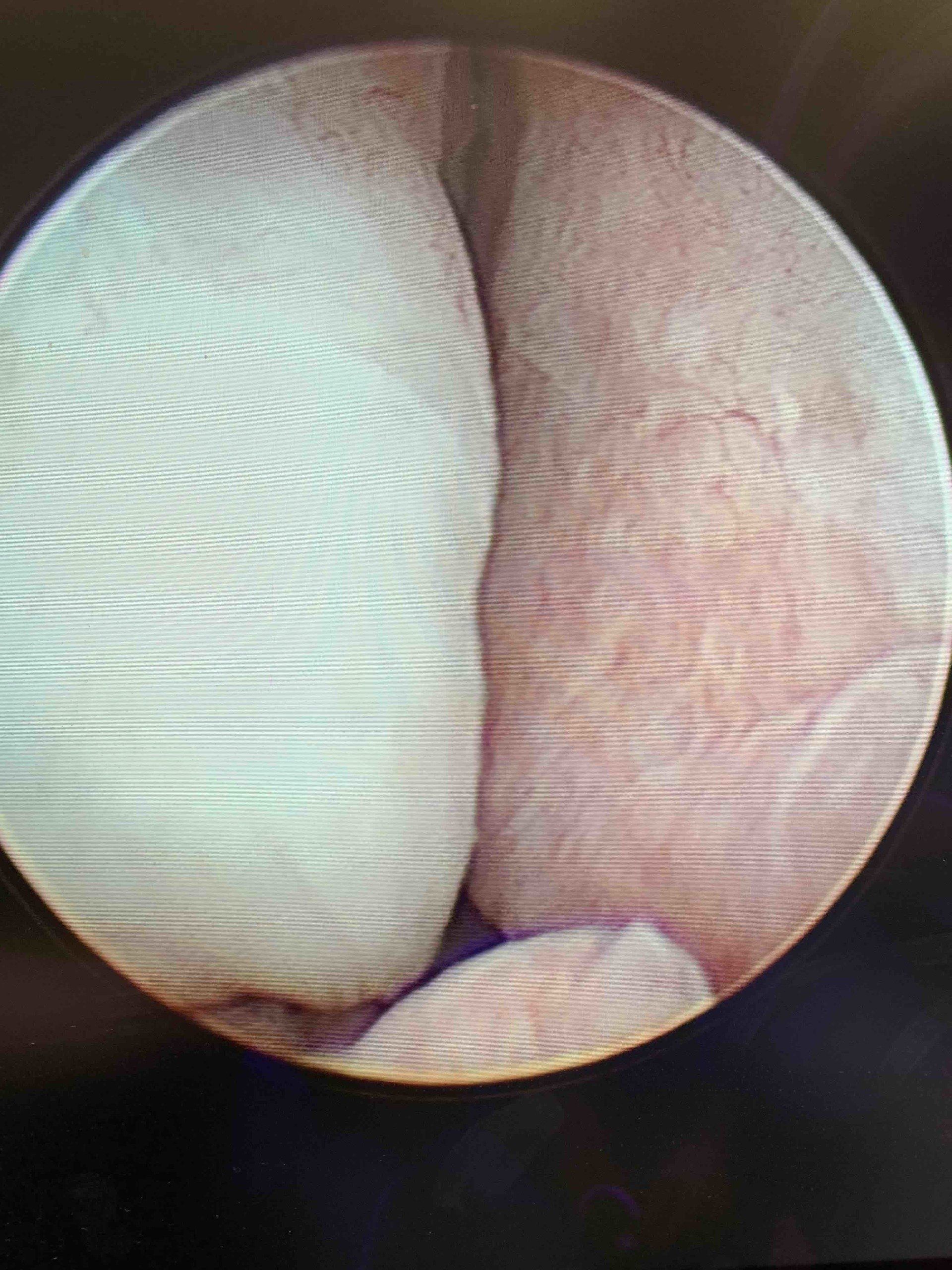Laser treatment for BPH
Make Appointment Rapid symptom relief
Symptom relief better than reported for medications
Surgery center or Hospital based
Quick return to normal activity
Over 500 million men in the world have BPH. You no longer have to be one of them!
- Is laser treatment right for me?
Laser treatment for BPH works to vaporize prostate cells rapidly and accurately. The surgeon directs laser energy, which causes cells to heat and vaporize. The treatment is know as Greenlight as well Thullium laser. The laser is an alternative to transurethral resection of the prostate (TURP). Laser therapy gives patients quick symptom relief and minimal short term side effects.
- Is the Thullium or Greenlight laser better for enlarged prostate?
Dr. Kella has used both systems. Both lasers are high powered and can eliminate prostate tissue quickly. Thullium has the advantage of being a contact laser. As a result, the laser beams cannot travel and damage other areas. As a result, thullium laser can be performed without wearing goggles. This means the surgeon can see comfortably. Side-effect profiles are very similar.
- What are the benefits of laser treatment?
- Minimal bleeding
- Discharge on the same day
- Patients may wear a catheter for a day or two
- Resume activities in 3-4 days with caution
- Resume sexual activity and vigorous activity in 4-6 weeks
- Laser therapy is contact only and no erectile dysfunction has been associated with the laser
- Long term success in helping urine flow
- Is the Thullium laser safe?
Laser therapy with Thulium is safe and simple. The laser will coagulate blood vessels, so there is usually minimal bleeding.
Patients can still have post-operative complications, which the doctor can discuss. However, these are less with laser than with TURP.
- Laser PVP vs. TURP
Results indicate similar longterm outcomes. Transurethral resection of the prostate (TURP) is considered safe, effective. However, laser offers even quicker recovery time with less side effects. Patients will go home sooner after laser compared to TURP or even bipolar TURP. Ultimately, your doctor's experience will help guide you to the best choice for BPH.
- Laser PVP vs. Prostate Artery Embolization
Dr Kella works with radiologists who offer prostate artery embolization (PAE). Dr Kella and the radiologists believe PAE is an effective treatment for very large prostates. With PAE, the procedure is done similar to a coronary artery stenting procedure. An opening in your leg artery allows a catheter to be guided to your prostate arteries. The radiologist than sends tiny coils via the catheter, which cut off blood supply to the prostate. There are some risks involved, and not all patients respond. However, Dr Kella thinks large prostates get a good response with PAE.
- Sex after Laser Prostate Surgery
Erections should not be affected by laser therapy. The doctor will clear you to have sex a few weeks after the procedure. If you have sex too early after laser surgery, your prostate may begin to bleed. Patients may notice retrograde ejaculation with orgasm. However orgasm intensity after laser surgery should remain the same.

Enlarged Prostate
Contact Us for Prostate Laser Treatment
We will get back to you as soon as possible.
Please try again later.
Join Our N
We will get back to you as soon as possible.
Please try again later.
Business Hours
- Mon - Fri
- -
- Sat - Sun
- Closed
